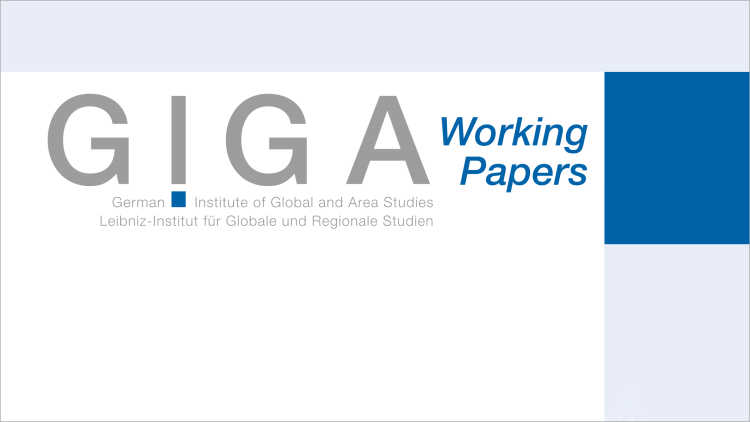- Home
- Publications
- GIGA Focus
- Demokratischer Wandel in Südasien und die Rolle der Regionalmacht Indien
GIGA Focus Asia
Demokratischer Wandel in Südasien und die Rolle der Regionalmacht Indien
Number 2 | 2009 | ISSN: 1862-359X
Das Jahr 2008 brachte tief greifende Veränderungen in der politischen Landschaft Südasiens mit sich: In Nepal fanden freie Wahlen statt und die seit 238 Jahren bestehende Monarchie wurde abgeschafft; auf den Malediven wurde der seit drei Jahrzehnten autokratisch regierende Präsident abgewählt; nach der Einführung demokratischer Reformen wurde Bhutan zur konstitutionellen Monarchie; Pakistan kehrte zu einer zivilen Regierung zurück; und Ende des Jahres fanden in Bangladesch freie Wahlen statt.
Analyse Die Einflussnahme der Regionalmacht Indien auf den demokratischen Wandel in den Nachbarstaaten fällt jeweils unterschiedlich aus: Indien spielte eine zentrale, wenn auch ambivalente Rolle im Friedens- und Demokratisierungsprozess in Nepal, da mit diesem Land traditionell enge Beziehungen bestehen; in Bhutan und auf den Malediven war Indiens Einfluss auf den demokratischen Reformprozess eher indirekt, während in den Fällen Pakistan und Bangladesch die angespannten Beziehungen eine Einflussnahme unmöglich machten.
Indiens vorrangiges regionalpolitisches Ziel lautet Stabilität. Obwohl das indische Establishment ideell Stabilität mit Demokratie verbindet, hat Indien oft autoritäre Regime aufgrund ihrer Stabilität unterstützt.
Indien verfolgt keine aktive Politik der Demokratieförderung. Gründe dafür sind Neu-Delhis begrenzte Einflussmöglichkeiten auf einige Nachbarstaaten, die indische Ablehnung des durch die Politik der Regierung Bush belasteten Begriffes "Demokratieförderung" und Indiens Wunsch, sein Image als "regionaler Tyrann" zu verbessern.
Aufgrund der eingeschränkten Einflussmöglichkeiten auf die Nachbarstaaten gilt Indien zwar als Regionalmacht, aber kaum als regionale Führungsmacht. Indien ist auch nicht in der Lage, die eigenen Ordnungsvorstellungen in der Region durchzusetzen.
Footnotes
Regional Institutes
Research Programmes
How to cite this article
Destradi, Sandra (2009), Demokratischer Wandel in Südasien und die Rolle der Regionalmacht Indien, GIGA Focus Asia, 2, Hamburg: German Institute for Global and Area Studies (GIGA), http://nbn-resolving.de/urn:nbn:de:0168-ssoar-274559
Imprint
The GIGA Focus is an Open Access publication and can be read on the Internet and downloaded free of charge at www.giga-hamburg.de/en/publications/giga-focus. According to the conditions of the Creative-Commons license Attribution-No Derivative Works 3.0, this publication may be freely duplicated, circulated, and made accessible to the public. The particular conditions include the correct indication of the initial publication as GIGA Focus and no changes in or abbreviation of texts.
The German Institute for Global and Area Studies (GIGA) – Leibniz-Institut für Globale und Regionale Studien in Hamburg publishes the Focus series on Africa, Asia, Latin America, the Middle East and global issues. The GIGA Focus is edited and published by the GIGA. The views and opinions expressed are solely those of the authors and do not necessarily reflect those of the institute. Authors alone are responsible for the content of their articles. GIGA and the authors cannot be held liable for any errors and omissions, or for any consequences arising from the use of the information provided.




